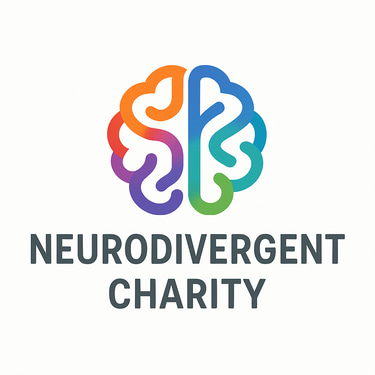Why Neurodivergent Workplace Equality Still Falls Short
Our latest update follows PC Kevin Reid—a serving neurodivergent police officer whose fight for fair treatment has become a landmark case.
9/9/20251 min read


My post content
Why Neurodivergent Workplace Equality Still Falls Short.
Our latest update follows PC Kevin Reid—a serving neurodivergent police officer whose fight for fair treatment has become a landmark case. It’s not just an employment dispute; it’s a spotlight on whether promises of equality actually matter in practice.
Here’s what’s happening so far:
Accountability at last. With multiple bodies now aware of the case, decisions can’t be made behind closed doors anymore. That's a rare breakthrough in transparency.
Equality law in action. The Equality Act 2010 isn’t just an ideal—it’s Kevin’s legal shield. His case vividly illustrates what happens when fair access and reasonable adjustments are ignored.
A historic shift in oversight. This is the first time a live employment tribunal has drawn in external oversight before a hearing. That’s a major step for accountability.
But it’s not only about Kevin.
This case is amplifying a wider message: neurodivergent employees belong, even when processes make them feel excluded. Their contributions matter. Ignoring that risks far more than legal exposure—it damages institutional integrity.
We’re treading carefully—avoiding sensitive details to preserve fairness in proceedings. But what’s undeniable is that this case is reshaping the conversation around workplace equality, disability rights, and institutional responsibility.
Want to support reform?
Simply talking about equality helps. Share stories, challenge stigma, and remind people that difference doesn’t mean discount. Disabilities—especially neurodivergents—shouldn’t lead to diminished respect.
Kevin’s fight is still ongoing. But just by standing up, he’s made institutions listen. And that, in itself, is progress.
Support
Empowering neurodivergent employees across all sectors. We ask all our visitors to please contact us in the first instance by email only. We have recently been joined by 4 ex police officers and are currently in AI training.
Rights
Access
info@neurodivergentcharity.org.uk
© 2025. Neurodivergent Charity. All rights reserved.
